Sunday Long Reads: Childhood obesity in India, Gandhi’s relationship RSS, Sutr Santati exhibition, book reviews, and more
Catch up with this week's interesting reads
 According to UNICEF’s World Obesity Atlas for 2022, India is predicted to have more than 27 million obese children, representing one in 10 children globally, by 2030 (Source: Getty Images/Representational)
According to UNICEF’s World Obesity Atlas for 2022, India is predicted to have more than 27 million obese children, representing one in 10 children globally, by 2030 (Source: Getty Images/Representational)India will have more than 27 million obese children by 2030. Can we combat this?
Normally when girls turn 16, there is a spring in their step, they gain body confidence and a certain carriage born out of self-esteem. Rohini Gupta* didn’t have any of this. She was waiting to turn 16 so that she could have a life-saving bariatric surgery, just so that she could breathe and walk easy. Weighing 100 kg, she had Type 2 diabetes, fatty liver, high cholesterol and blood pressure. Yet, she was not born fat, had no hormonal issues, nor was she diagnosed with any rare condition.
Booker Prize 2022 shortlist: A look at some short novels on the prestigious award’s list previously
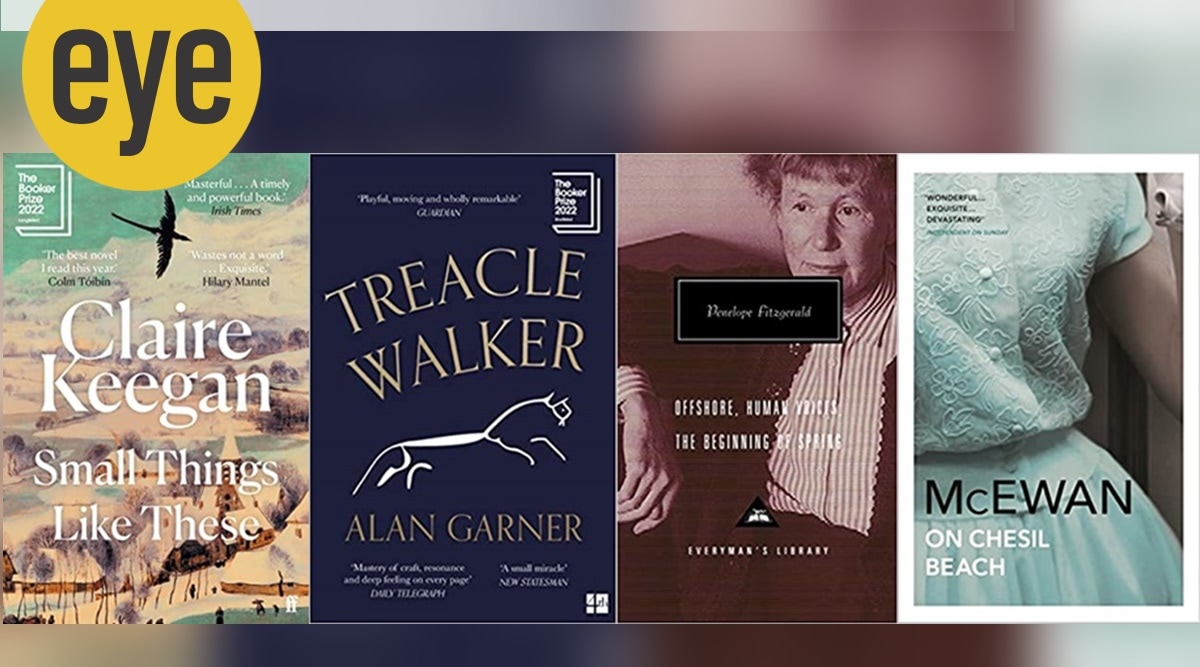 The history of the Booker Prizes has other instances of short novels vying for the prestigious annual award. (Photos: Amazon.in)
The history of the Booker Prizes has other instances of short novels vying for the prestigious annual award. (Photos: Amazon.in)
At 116 pages, Irish writer Claire Keegan’s historical novel Small Things Like These (Faber) is the slimmest book ever to be shortlisted for the Booker Prize. But the 2022 winner of the Orwell Prize for Political Fiction is a work of heft that outweighs its size as it contemplates the dark underbelly of faith. Set in 1985, among a small Irish community, Keegan’s tale examines Ireland’s Magdalene Laundries scandal that came to light in 1993. The Catholic-run and state-backed Magdalene Laundries operated in Ireland between the 18th and late 20th centuries and were ostensibly a charitable organisation to rehabilitate “fallen women”, or prostitutes. In 1993, the discovery of unmarked graves of 150 such women on the convent grounds of one of the Irish laundries launched an investigation into and revelation of a history of violence, abuse, moral censure and oppression. In 2013, after years of public outrage, the Irish state issued a formal apology.
Sangit Kumar Ragi’s ‘RSS and Gandhi: The Idea of India’ highlights the RSS’s uncomfortable relationship with Mahatma Gandhi
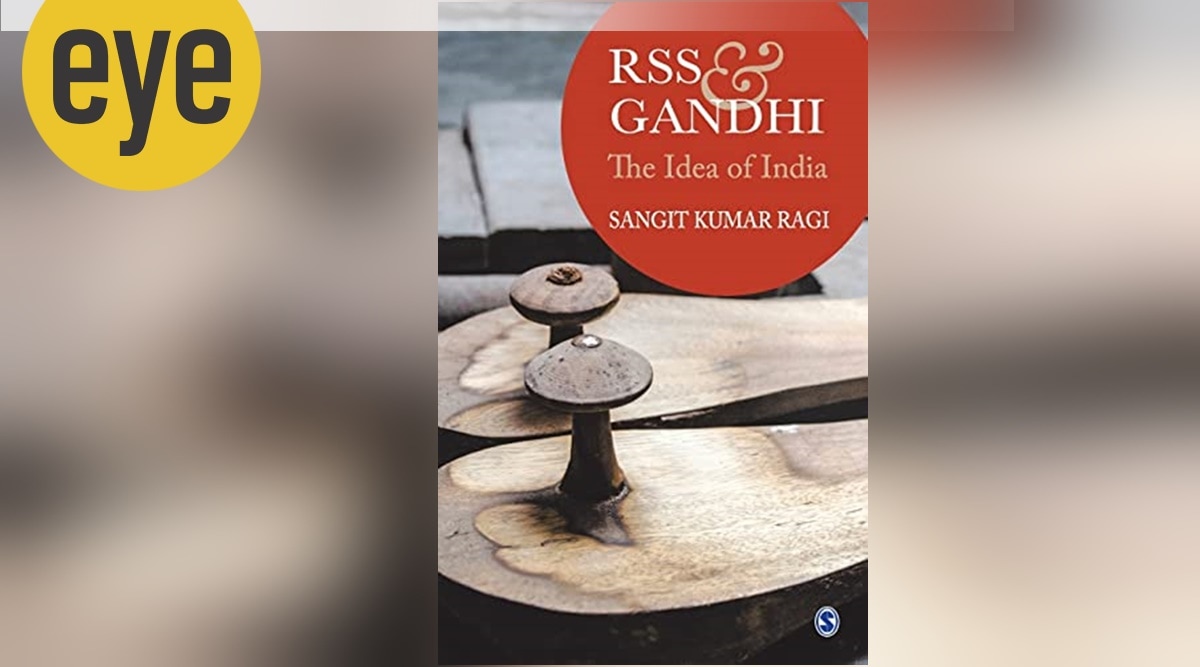 RSS and Gandhi: The Idea of India; Sangit Kumar Ragi; Sage; 352 pages; ₹1395 (Photo: Amazon.in)
RSS and Gandhi: The Idea of India; Sangit Kumar Ragi; Sage; 352 pages; ₹1395 (Photo: Amazon.in)
No letter in Indian history signifies more aptly the enigmatic relationship of the RSS with India and her greatest son, Mahatma Gandhi, than the one written by Sardar Patel to the second chief of the RSS on September, 11, 1948. Patel was then the home minister of the country and he indirectly blamed the RSS for the assassination of the father of the nation. He writes, “… All the speeches were full of communal poison. It was not necessary to spread poison and enthuse the Hindus and organise for their protection. As a result of the poison, the country had to suffer the sacrifice of the valuable life of Gandhiji… RSS men expressed joy and distributed sweets after Gandhiji’s death.”
The many unexpected creatures you see up close when you are walking in water
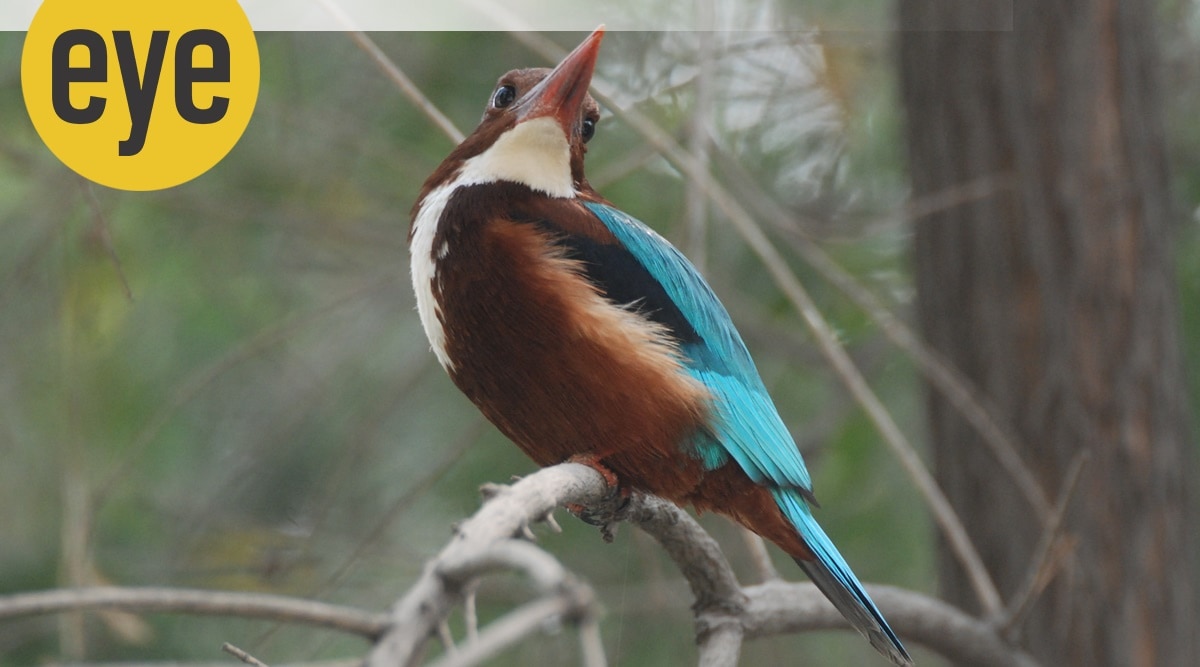 A white-throated kingfisher would take a quick shower at a pool in Goa (Credit: Ranjit Lal)
A white-throated kingfisher would take a quick shower at a pool in Goa (Credit: Ranjit Lal)
“Can you be a heroic lifeguard and yet not know how to swim?” I asked a couple of friends recently.
— “What?”
“Well I am one! In the last six weeks or so I have rescued any number of ants from a watery grave in the swimming pool!” I shook my head. “They should be thankful evermore but they’re so stupid. They flounder about on the water and then clamber on to your hand looking grateful. You place them carefully – or sometimes flick them – out and what do they do?”
— “No idea!”
Sutr Santati exhibition in the Capital’s National Museum pays tribute to India’s textile heritage
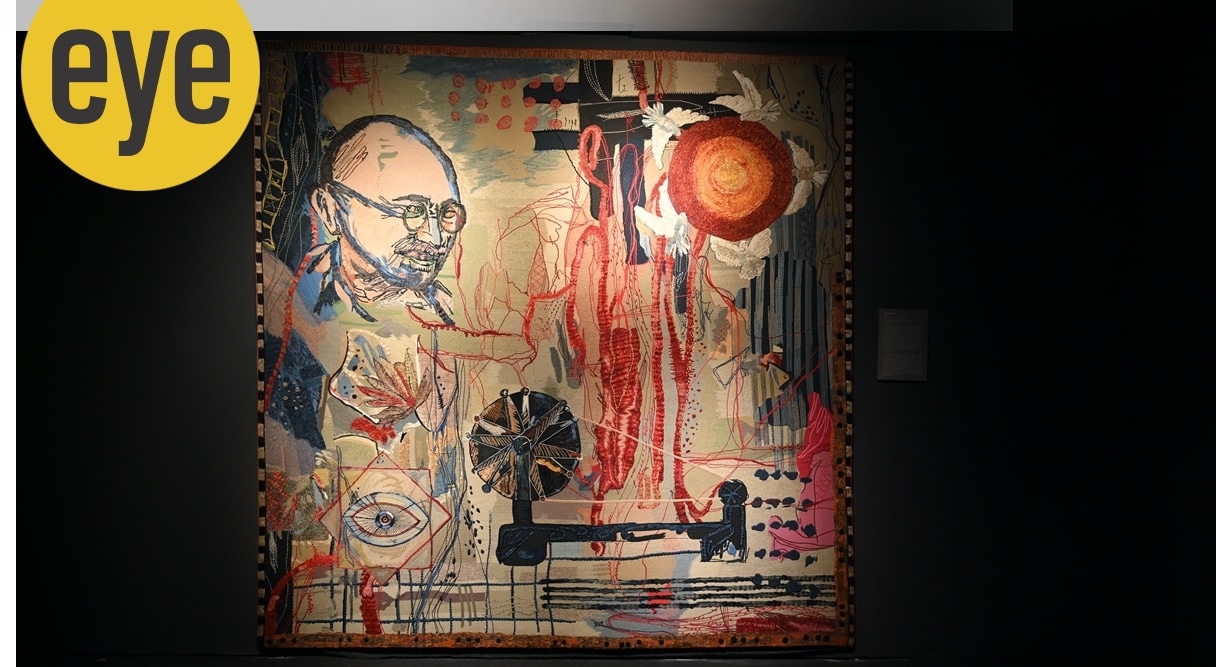 Freeway by Chanakya School of Craft. (Courtesy: Abheraj Baldota Foundation)
Freeway by Chanakya School of Craft. (Courtesy: Abheraj Baldota Foundation)
When asked what would happen if specialists such as weavers and artisans fade away, German fashion designer Karl Lagerfeld was prescient in his observation. “There would be no haute couture anymore,” said the creative director of the French fashion house, Chanel.
Navtej Sarna’s Crimson Spring, that centres around the Jallianwalla Bagh massacre, is a masterclass in writing
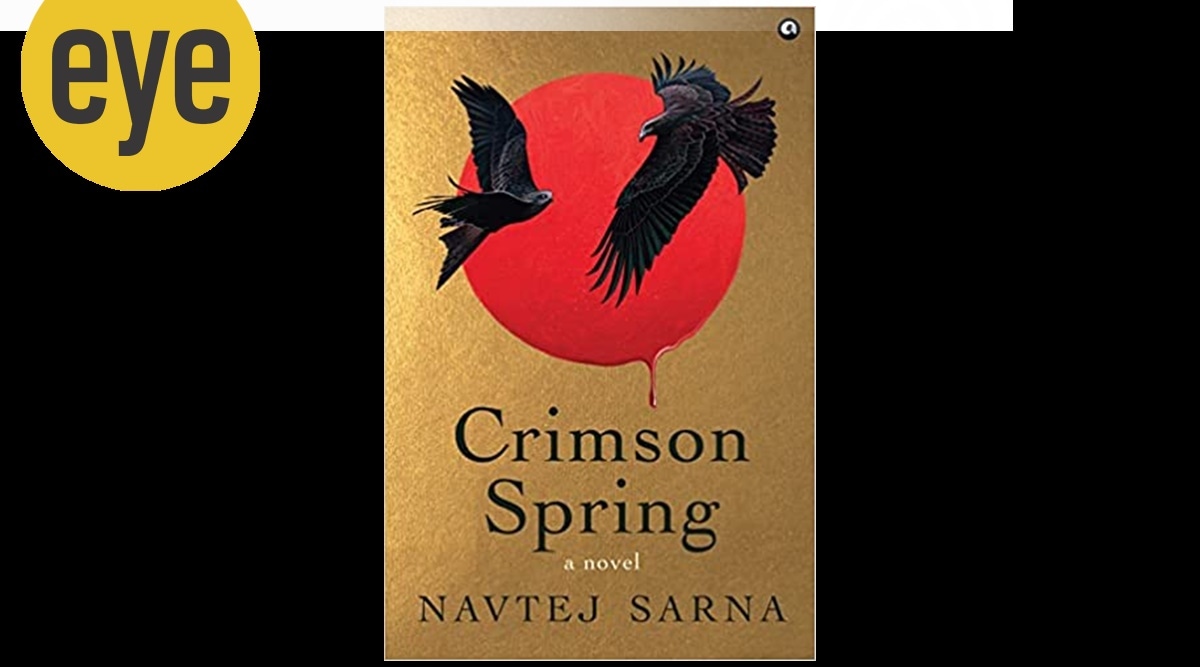 Crimson Spring
Crimson SpringBy Navtej Sarna
Aleph Book Company
312 pages
Rs 899 (Amazon.in)
Navtej Sarna’s latest book, Crimson Spring, longlisted for the JCB Prize for Literature, starts with the Jalianwalla Bagh massacre that took place on April 13, 1919, and goes back and forth in time to bring that era and the aftermath of the event alive. After all, as stated in the Prologue, “These then are the facts. Even a hundred years later, the facts speak for themselves. The before and after is only history… made up of acts of human beings…”
Remembering Mary Roy, educator, activist and writer Arundhati Roy’s mother, through her alter ego in The God Of Small Things
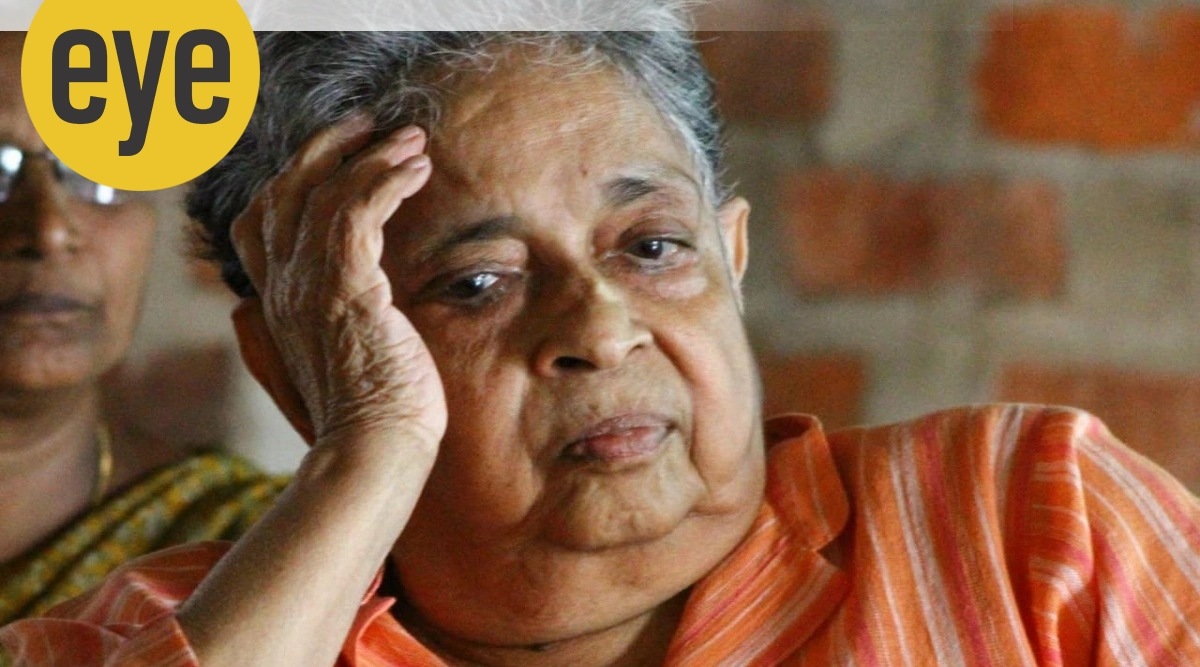 Educator-activist Mary Roy passed away on September 1 this year. (Express Archive)
Educator-activist Mary Roy passed away on September 1 this year. (Express Archive)
In her lifetime, Mary Roy achieves all that Ammu, a character drawn from her life in the 1997 novel, The God Of Small Things, cannot. She wins a lawsuit in 1986 that enables Syrian Christian women to inherit property. Ammu, on the other hand, has no “Locusts Stand I”. Mary Roy establishes the Corpus Christi High School (now Pallikoodam) in 1967, in a suburb of Kottayam city in Kerala. Ammu, mother of “two-egg twins” Rahel and Esthappen or Estha, can only mention the possibility of someday running a school, as she stands on a railway platform, bidding goodbye to Estha who is at the barred windows of the Madras Mail. “I’ll be a teacher. I’ll start a school. And you and Rahel will be in it.”
Akshaya Mukul’s biography of Agyeya captures the life of one of Hindi literature’s most iconic practitioners
 Prolific and provocative, Agyeya remains one of the most prominent — and enigmatic — Hindi writers of the 20th century (Courtesy: Penguin Random House)
Prolific and provocative, Agyeya remains one of the most prominent — and enigmatic — Hindi writers of the 20th century (Courtesy: Penguin Random House)
Those of us who grew up across north Indian towns and cities in the 1980s, attempting to unravel the contradictions of the self, often found ourselves divided when it came to the work and life of Sachchidananda Vatsyayan, or Agyeya (1911-1987). Prolific and provocative, he was regarded as not only one of the most prominent Hindi writers of the 20th century but also an enigmatic cultural figure who animated the otherwise complex and dreary — or, at least, that’s what it appeared to us then — Hindi literary scene. Despite all his literary prowess and achievements, our young selves sometimes found it challenging to embrace Agyeya fully, for his intellect, poetry, and writings dared to bare the complexities of the human mind, the inner contradictions, and the tussle between social identity and self.
These were teachers who gave me space and tutelage — all at once
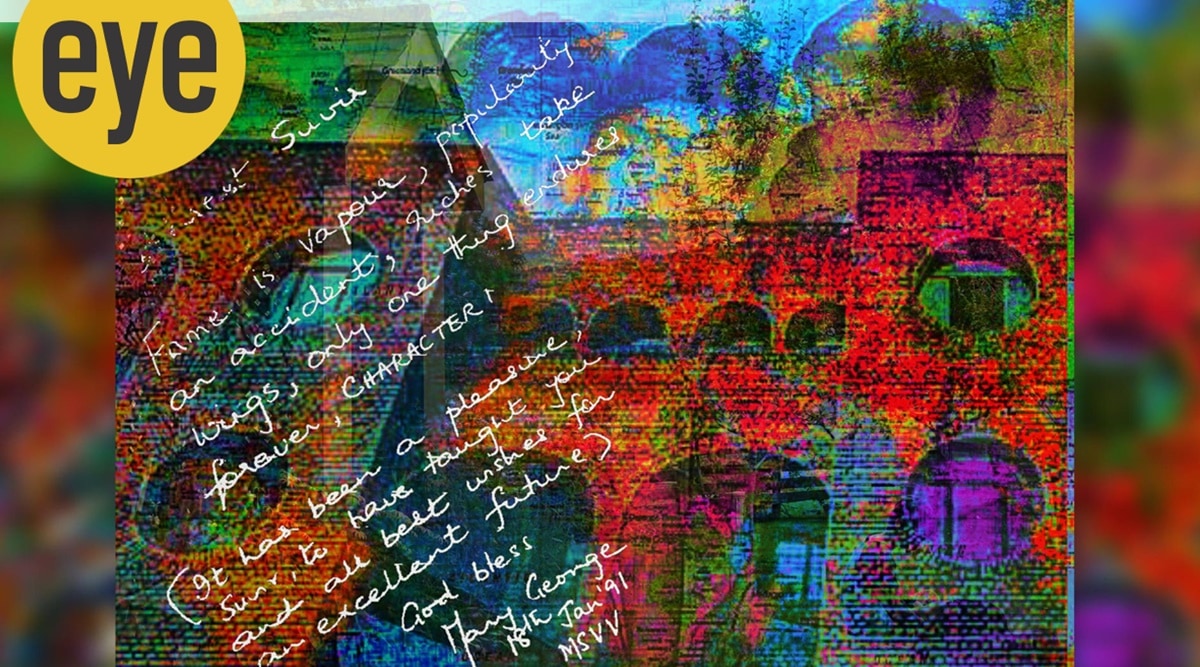 The thing I most love to do in my life is teach, and I owe that joy to my teachers (Photo credit: Suvir Saran)
The thing I most love to do in my life is teach, and I owe that joy to my teachers (Photo credit: Suvir Saran)
TEACHERS’ DAY has come and gone, but my heart, mind and soul still reflect upon the goodness that was my educational journey. At almost 50, and having graduated Class XII from New Delhi’s Modern School, Vasant Vihar, in 1991, I still remember each of my teachers. I remember their faces, smiles, looks, scents, voices, gaits, saris, tone and manner. Each giving me comfort decades later and strength to live and learn, be daring and brave, and live life with eyes wide open and with a heart and mind more willingly open still.






- 01
- 02
- 03
- 04
- 05

























